SUMMARY
This is AI generated summarization, which may have errors. For context, always refer to the full article.
![[OPINION] Tarps and traditions: Thoughts on Cordillera autonomy](https://www.rappler.com/tachyon/2020/09/cordillera-september-10-2020.jpg)
Living in Metro Manila, I grew up in a scenery of sidewalks marked with the initials of our mayor, of hanging tarpaulin greetings of “Merry Christmas,” “Congratulations Graduates” and the newly created “Happy Halloween” from our councilors, and the good-for-scrap metal barangay multi-cabs given by our congressman.
This scenery is very much different from the one we have in my mother’s hometown in Tublay, Benguet, and the majority of the Cordillera.
There are no tarpaulins or initials of our mayor on the sidewalks. Political dynasties are not prevalent and elections are generally peaceful events. In fact, one of the earliest memories of Cordillera elections I had when I was young involved seeing a political rally where rival candidates took turns speaking and, at the end of it, ate together with rest of the community. What was more admirable was that both candidates shared in the expenses for the said rally.
I’ve always wondered why there’s such a stark difference in political culture in the Cordilleras. Why are political dynasties rare in most of the Cordilleras and there are minimal cases of election-related violence?
Based on what I have learned, I now believe that Cordillera’s distinct political culture is one of the unforeseen consequences of our ancestors’ resistance to Spanish colonization.
Unknown to our ancestors at the time, their resistance to Spanish colonization spared us Cordillerans from extractive colonial institutions put in place in other parts of the country such as the encomienda system (forced labor and tribute), reduccion, and the most devastating of all, the takeover of agricultural lands by the Spanish. These institutions were created to ensure that political and economic power were maintained at the hands of the Spanish and the local elites loyal to them.
The forced takeover of agricultural land was most devastating because other than cursing our fellow Filipinos to generational poverty, this also allowed the creation of a local landed elite commonly known as “landlords.”
Once our country gained independence, the then-existing landlords took advantage of their economic position to take over the political vacuum left by the Spanish and inaugurated the current system of political dynasties prevalent in the country.
Collective ownership
Thus, while most of the farmers in the country prior to agrarian reform law were tenants or agricultural workers to landlords, the resistance of our ancestors allowed Igorots to maintain the collective ownership of their communal lands as well as individual plots of their own.
More importantly, by preventing the taking of their agricultural lands, the Igorots prevented the creation of local landlords and, in turn, political dynasties in the Cordillera.
This also allowed the Cordillerans to maintain their grassroots pluralistic institutions such as the higher council or the “intugtukan.” The effect of these institutional differences can also be observed during the conduct of elections.
Other than enriching their members at the expense of their fellow Filipinos, there is also a direct connection between the growth of political dynasties and the rise in political violence and illegal practices during elections.
As political dynasties’ monopoly on political and economic power grows, so does their fear of losing such power. Their fear of losing power leads them to utilize violent and illegal means to ensure their stay. Such monopoly also gave them the resources necessary to use violent and illegal means such as vote-buying during their political campaigns as can be seen in majority of the parts of the country long held by political dynasties.
On the other hand, elections in majority of the Cordillera are generally peaceful events. In fact, the police and the Commission on Elections want to make a pilot study on Benguet and Mountain Province because of their peaceful and orderly elections. Other than the lack of political dynasties, Igorot practices such as the “Inayan” and respect for community elders help preserve the observance of peace during elections.
Danger of erosion
Unfortunately, I fear that our distinct political culture and practices are in danger of erosion, unless, we are educated of its importance as well the dangers of political dynasties and of supporting politicians that employ illegal election practices.
The growing strength of existing and new political dynasties at the national and local levels could someday overwhelm and penetrate Cordilleran political culture. I also fear the effects of assimilation into other regions, such as what existed during the Martial Law years. Such assimilation allowed the entry of dynastic politics and practices that started the wave of political violence in other areas of the Cordillera.
Dynastic politics or the concentration of political power in a few and selected elite coming from a single family or relatives runs contrary to the Cordillerans’ political culture, history, and value for freedom.
Unfortunately, despite its central character in the lives of the Cordillerans, this is rarely cited during discussions on Cordillera autonomy.
This has to change. Otherwise, we should prepare ourselves to the possibility of seeing our beloved Cordillera to be just another Metropolis filled with the same tarpaulins hanging on pine trees instead of electric posts. – Rappler.com
MB Batil Maravilla is a bank lawyer and an aspiring farmer. He considers himself an Ibaloi in diaspora and is currently seeking ways to reconnect with his homeland.
Add a comment
How does this make you feel?
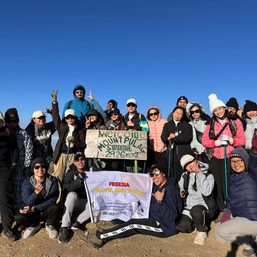
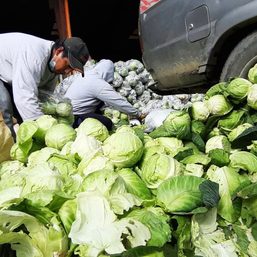
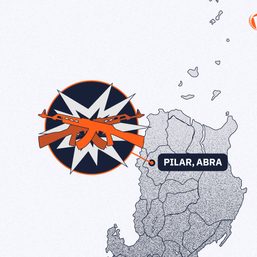
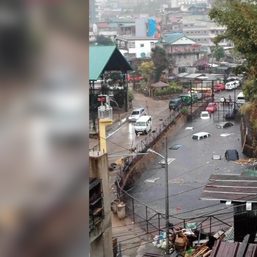

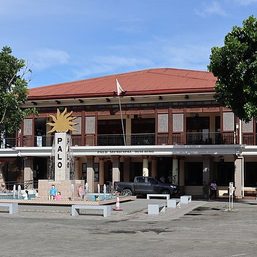
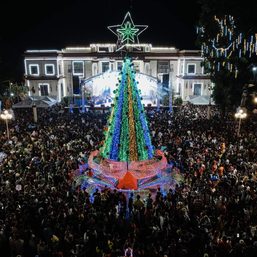
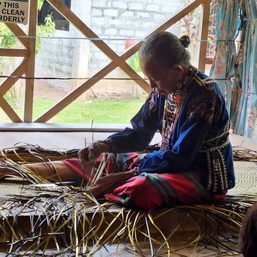
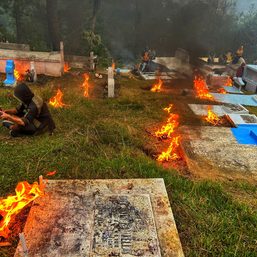
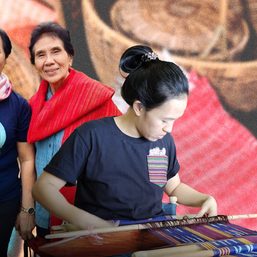
There are no comments yet. Add your comment to start the conversation.